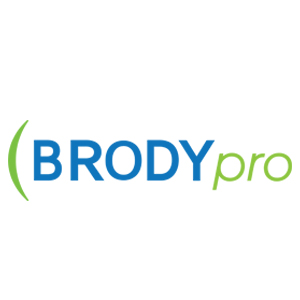Never before have American workplaces seen such generational diversity – there are Baby Boomers working alongside Generation X and Millennials (aka Generation Y), and even some working past typical retirement age. This wide mix of employee age groups can result in communication challenges – from the top management-level down.
The majority of complaints that we hear regarding workplace generational conflict relates to issues managers encounter when working with Millennials (Generation Y) – employees born between 1982-2000.
After a recent workshop at a pharma company on bridging the generational gap, John, a Human Resources Manager, approached our trainer. He told her that he has no issues hiring Millennials, including recent college graduates.
John said his biggest frustration was that he didn’t understand how to encourage Generation Yers to communicate better with their older teammates, and didn’t know how to motivate them to lead – and succeed – at more high-profile projects.
After our trainer spoke at greater length with John, she realized there were two main issues at play:
- His employees in the 32-or-under age range were more dependent and reliant on communication technologies like texting and e-mail then face-to-face or phone conversations.
- John’s Millennial employees often asked for more autonomy, but expected to be praised regularly for their activities – a bit too much, in John’s opinion.
So, how can managers ensure that they reduce potential conflict in their multigenerational workplaces and that team members of all ages perform well together?
Here are 2 tips for managers/HR directors who work with and hire Millennials – and Millennials looking for jobs or to climb the corporate ladder:
- Remember preferred communication styles differ: Baby Boomers value face-to-face dialogue, and have no problem walking to another office to speak to a coworker. Xers use whatever communication form is most efficient. Millennials favor text messaging and e-mails.
- Decide whether regular feedback is necessary. Boomers and Xers require little feedback to do their jobs, whereas Millennials expect more frequent feedback. They are also able to perform better when given detailed-oriented instructions. Millennials may need to be told that their manager’s hesitancy to praise isn’t a reflection of their work, and they can ask to meet with their manager for one-on-one feedback.
Bonus tip for those in HR departments: Generational diversity can also impact your HR policy & employee retention/development efforts. Employees of different ages react differently to these offerings, and have differing expectations. Older Boomers want to see the bottom line on payroll. Gen X members want flexibility. Millennials need to see meaning and value in their contributions. Also important to Millennials are collaboration and fast-track leadership programs.
Keep in mind that each individual is different and there are always exceptions, so don’t make assumptions about employees based solely on their age! Being aware of generational differences, however, can help you adapt to working with each generation.
Can you relate? Are you a Millennial who disagrees? Do you want to share your story about effectively managing different generations? Time to share!
